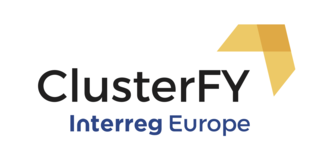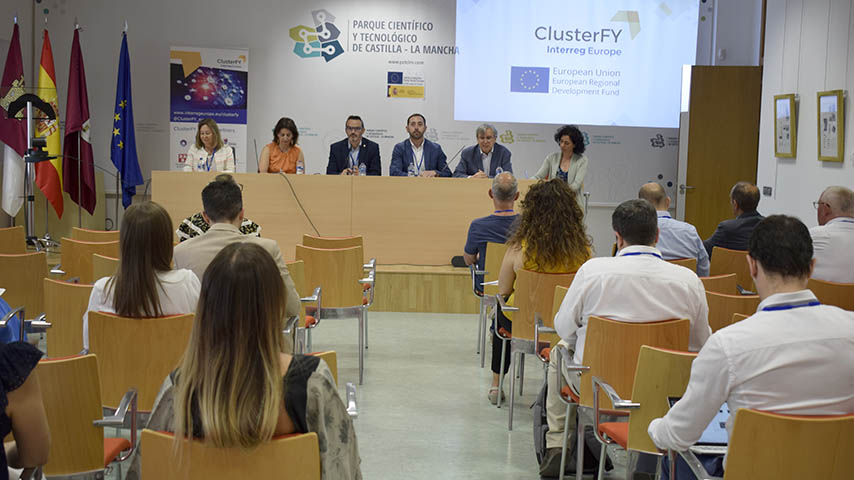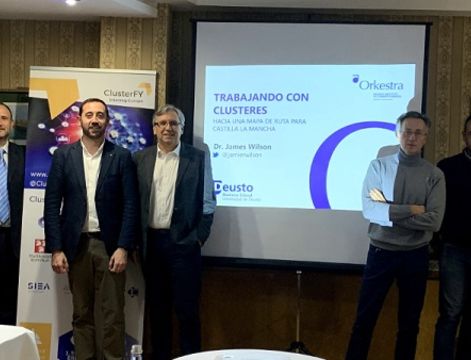Following a rich agenda ClusterFY partners and stakeholders were engaged into fruitfull discussions and sharing of experiences for cluster development. From structured policies to no policies at all and from formal practices to “anti-cluster” cases, the elements of creativity, differentiation, complimentarity and no one-size-fits all solutions, formed the atmosphere of the 3-day Thessaloniki event.
On 27 of March ClusterFY partners and stakeholders visited Technopolis ICT Business Park, CERTH’s facilities and “Creativity Platform”. Stakeholders of Technopolis and ClusterFY partners were engaged in a fruitful discussion about the strategy followed, governance models, operational practices and policy implications from the initiation of the park up to date and its future plans. The visit at the Centre for Research and Technology Hellas / CERTH included a corporate tour in facilities servicing the research and business communities, namely the Thessaloniki Smart Mobility Living Lab, and the Pilot plan of Chemical Process Engineering Research Institute. On the other hand, the visit to “Creativity Platform” in the center of Thessaloniki city, gave ClusterFY partners the opportunity to discuss how an alternative approach of a collective scheme, an “anti-cluster” case, leverages the creative capital and the creative economy contributing to sustainable urban development. In the heart of the 3-day event, during the ClusterFY workshop on the 28 of March, distinguished speakers opened a dialogue around the role of policies in the formation of clusters and the role of clusters as tools for RIS3 implementation. They provided deeper views and perspectives of what is happening with clusters and the local dimensions that affect their development. Representatives of both the supply and demand sides made their stand and selected cluster practices pointed out that there is no one-size-fits-all solutions and that different approaches or combination of approaches may drive to success. The last part of the workshop was dedicated in reviewing outcomes from other relevant EU projects and initiatives (i.e. clusterix 2.0) in the attempt of introducing joint policy recommendations. The final day of the event was a working session for ClusterFY partners during which they analyzed the possibilities of transferability of good practices identified among them and introduced actions to be further elaborated and introduced as improvements of the policy instruments addressed in the ClusterFY partnership.










